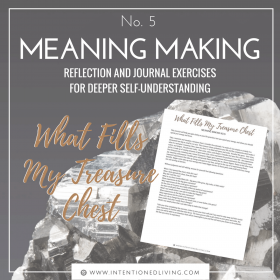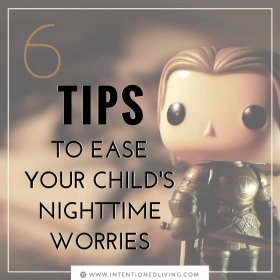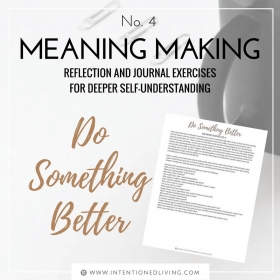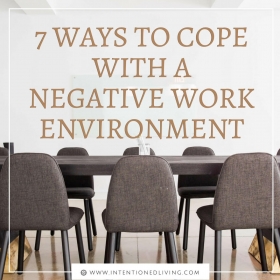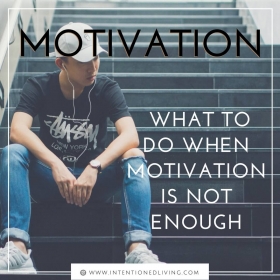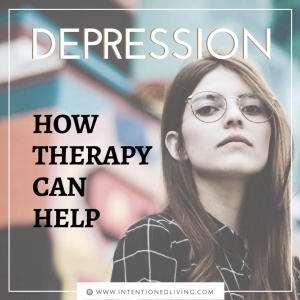
Depression is one of the most common mental health concerns experienced by both youth and adults, and it’s not unusual for people to experience various levels of some of the symptoms at some point in their life. Depression symptoms can range from some higher than usual sadness experienced (“feeling down”) related to a trigger or not, to debilitating sadness that makes it near impossible for the person to function in their everyday activities. At its worst, depression can lead to such significant feelings of hopelessness that individuals feel completely unable to escape their symptoms and feel that suicide is the only way out.
Research (American Psychological Association) has also shown that of those individuals experiencing depression, not enough of them are seeking out help in the form of therapy.
Depression signs and symptoms can include:
- sadness, sometimes appearing without a clear trigger
- tearfulness and crying
- isolation from family and friends, choosing to keep to themselves
- stopping engaging in activities they usually enjoy
- decreased motivation
- decreased energy
- increased feelings of being tired and fatigued
- irritable and angry mood, appearing “down” and mad
- hopelessness, negative talk and comments about themselves, others, and events
- picking fights with others, and taking out anger on others or things
- self-harm behaviors such as banging their head, cutting, and intentionally injuring themselves in some way
- substance use and risky behaviors
- expressed comments about wanting to die or that they shouldn’t have been born
- physical changes such as significant weight loss or gain
- physical changes such as having a hard time with sleep
Youth and adults can experience one or many of these symptoms, and some will experience enough symptoms and negative effects on their day-to-day functioning that they will meet the criteria for a diagnosis of depression.
For example, it is not uncommon for children to show their depression more through irritability, anger, argumentativeness, lack of motivation, and isolation than sometimes the more expected signs of sadness and tearfulness. And for some adults who have multiple responsibilities and achievement orientations, their symptoms may not include significant obvious motivation changes or changed participation in their usual activities but may instead include feeling more tired or harboring more negative thoughts about themselves and their decisions.
When Should I See A Therapist
The decision for when to seek out help from a therapist is an individual decision that should consider how and how much the person’s life is being affected, though anyone at any time can and should seek out support when they are battling tough times. Therapy can help you gain a hold on the depression and help prevent the symptoms from getting worse. A therapist can be a supportive ally who will help you find ideas to put into action, track how well they work, and keep you moving forward to a happier way of being.
Therapy can help you identify the causes and triggers to your depression, and help you identify the right intentional strategies for you to use to combat the depression. These strategies can come from a variety of areas including hobbies and recreational activities, relationships and supports, dietary changes, exercise, journaling, meditation, gaining knowledge about it, etc. Treatment for depression can also sometimes include prescribed medication, but it does not have to. Many individuals who find and put into action the right combination of strategies for them find that they feel much better and can do without medication. In fact, medication is just one strategy to use and is best effective in combination with others.
Next Steps
If you are interested in finding out how therapy can help you, your loved one, or your child overcome depression and live more happily, contact me today and let’s chat.


